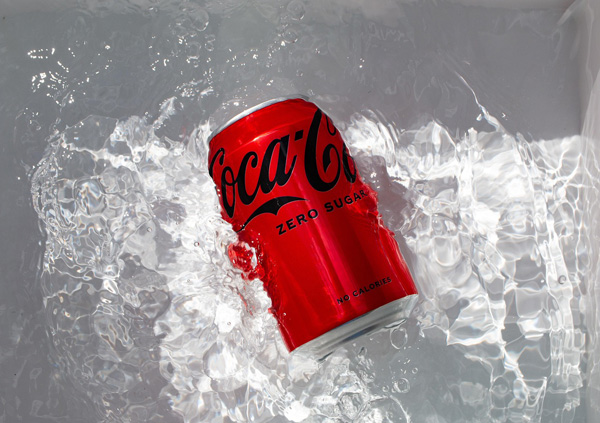Consuming diet soft drinks is linked to the development of liver disease

[A can of diet soda. Photo Credit: Pixabay]
According to a recent study published in ScienceDaily on October 6th, consuming just one can of diet soda daily may increase the risk of nonalcoholic fatty liver disease by 60%, whereas consuming a sugary beverage could increase the risk by 50%.
People who drink little to no alcohol may develop nonalcoholic fatty liver disease (NAFLD), a disorder in which fat accumulates in the liver.
Cirrhosis, or extensive liver scarring, and liver cancer can result from the damage, which can resemble that of a heavy drinker.
One of the primary causes of liver cancer is metabolic dysfunction-associated steatotic liver disease, or MASLD.
According to estimates, the prevalence of NAFLD has risen by 50% in the US over the last three decades, reaching about 38% of the population today.
The lead study author Lihe Liu, a doctoral student in the gastrointestinal department at the First Affiliated Hospital of Soochow University, stated that sugar-sweetened beverages (SSBs) have long been criticized, while their diet substitutes are frequently viewed as the healthier alternative.
This study found that even at low intake levels, such as one can per day, LNSSBs (low- or non-sugar-sweetened beverages) were associated with an increased risk of MASLD.
According to the abstract, a one-page synopsis of the work before it is peer-reviewed and published in a journal, drinking diet beverages was also associated with an increased chance of dying from liver disease.
The study was presented during the annual conference of the European Society of Gastrointestinal Endoscopy, United European Gastroenterology Week.
These findings challenge the widespread belief that diet sodas are safe and emphasize the need to reevaluate their impact on liver and diet health, particularly in view of MASLD's rise to prominence as a worldwide health issue.
Nearly 124,000 individuals without liver disease who were members of the UK Biobank, a biomedical research study that tracks people in the UK, were monitored for this study.
Several times during the 10-year trial, 24-hour dietary questionnaires were used to measure the type and frequency of beverage consumption.
The study also indicated that people who switched to water decreased their risk of nonalcoholic fatty liver disease by around 13% for sugary beverages and by more than 15% for diet drinks.
Risk was not reduced by switching from sugary to diet beverages, or vice versa.
In contrast to a previous analysis that suggested diet drinks might be used in place of water, the study offers direct evidence of dietary behaviors influencing MASLD.
The research found that while choosing water or unsweetened beverages could help protect the liver, normal and diet soft drinks may still cause damage over time.
According to experts, this study is far more significant than earlier research due to its prospective design, big sample size, validated test for MASLD diagnosis, and extended follow-up.
The higher sugar content of sugary drinks results in quick increases in insulin and blood glucose, which may encourage weight gain.
Additionally, excessive sugar intake can induce the liver to store fat.
Although diet beverages are low in calories, they can nevertheless have an impact on liver function in a number of ways.

- Sangmin Lee / Grade 11
- Chadwick International

![THE HERALD STUDENT REPORTERS [US]](/assets/images/logo_student_us.png)
![THE HERALD STUDENT REPORTERS [Canada]](/assets/images/logo_student_ca.png)
